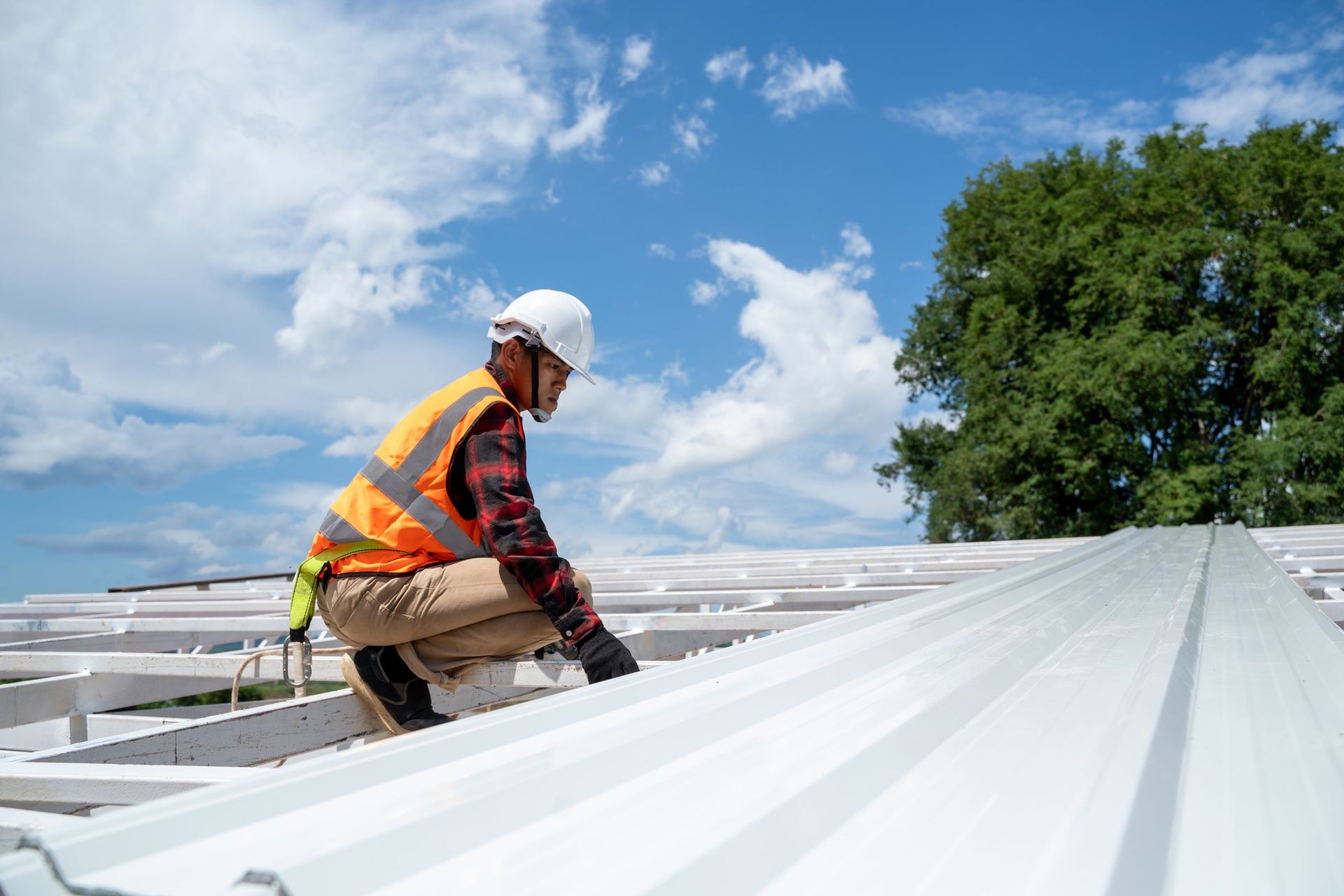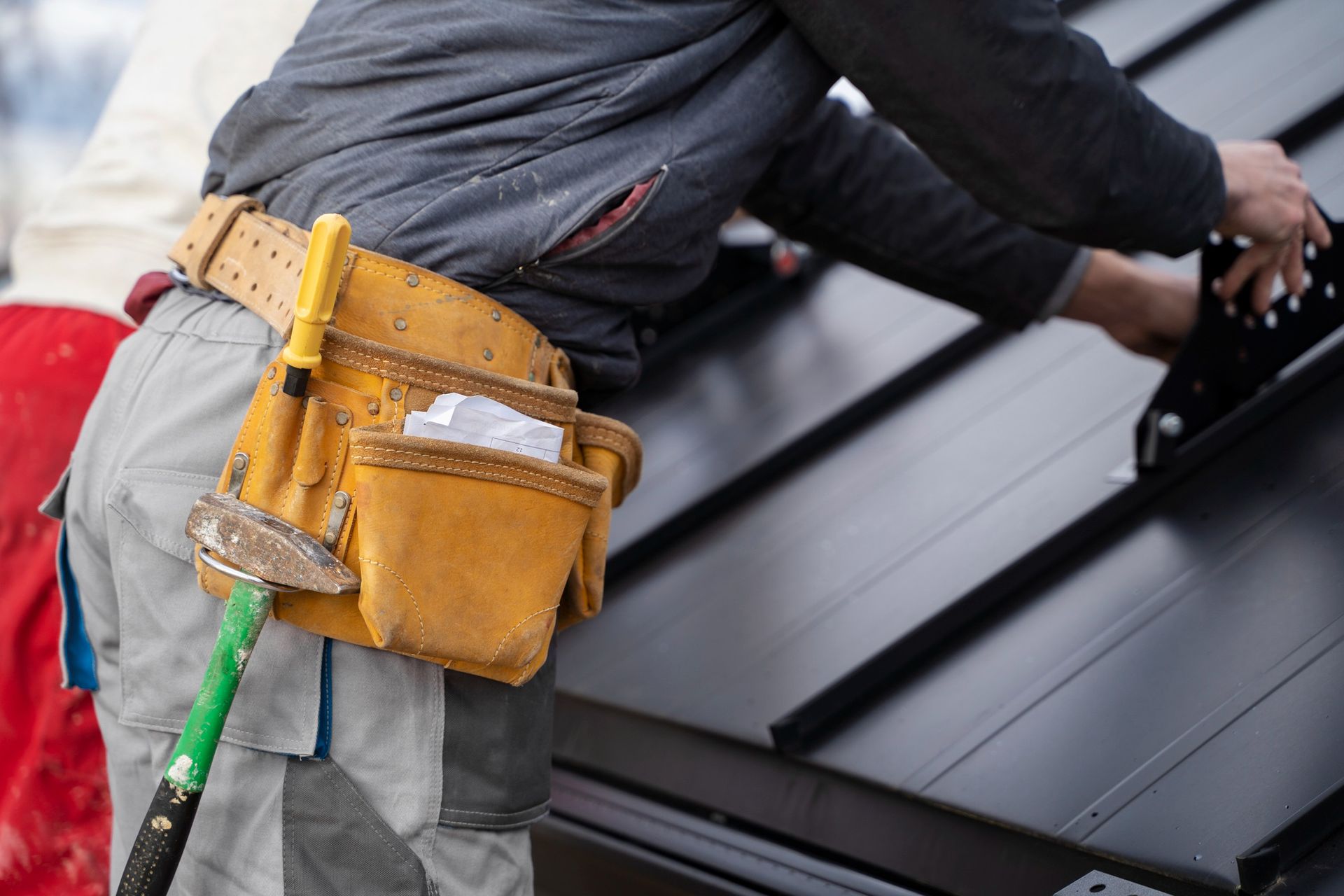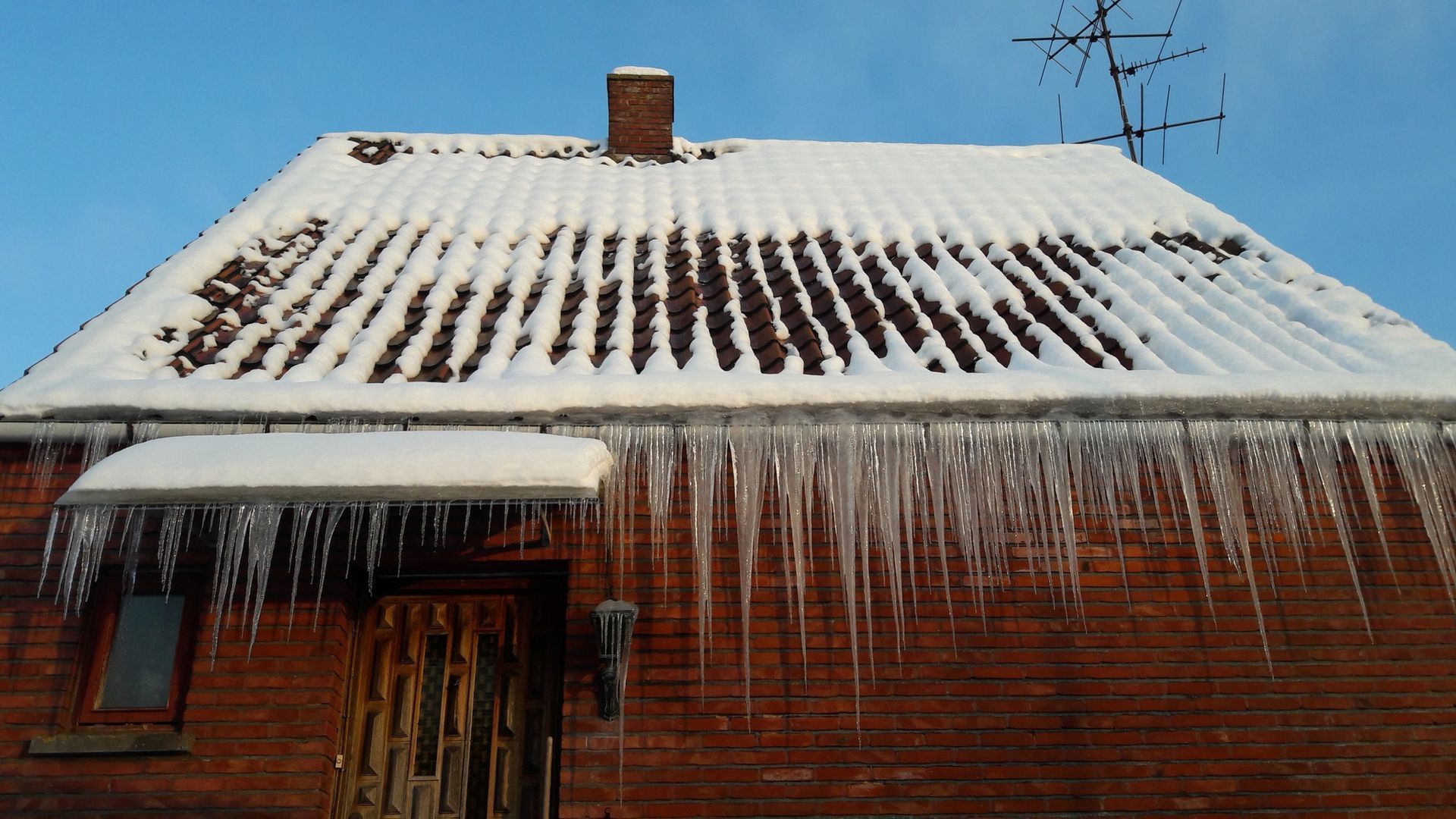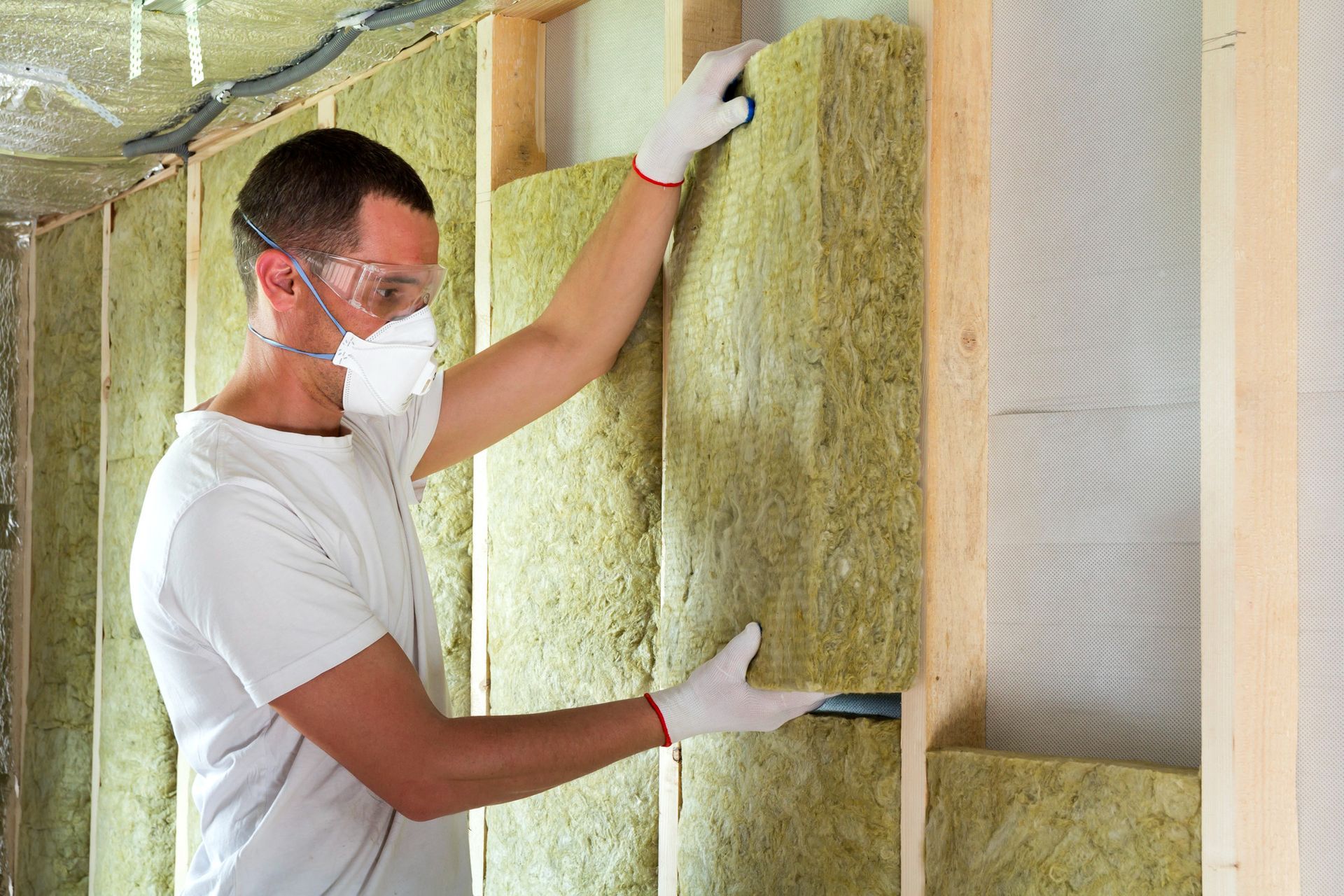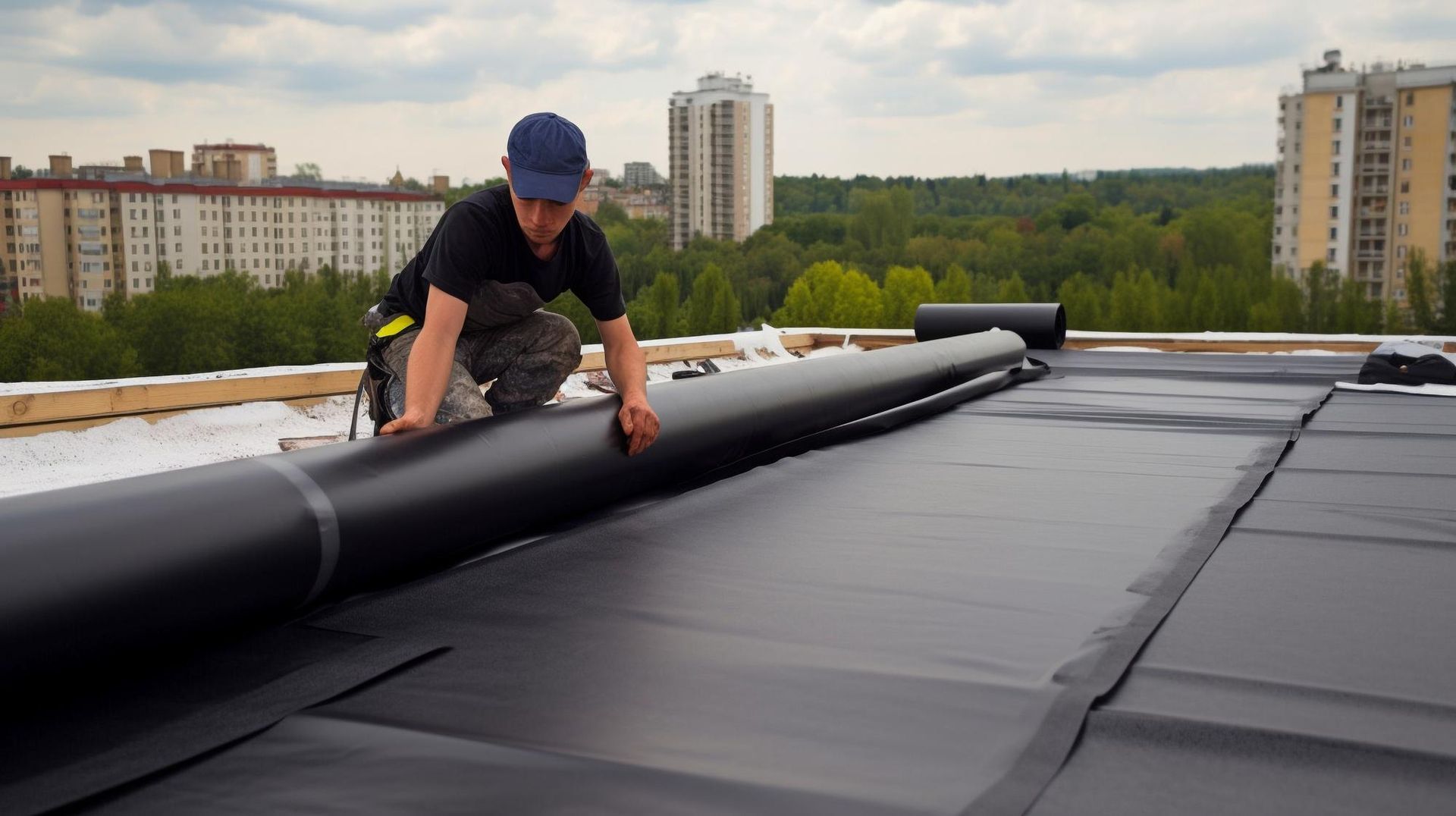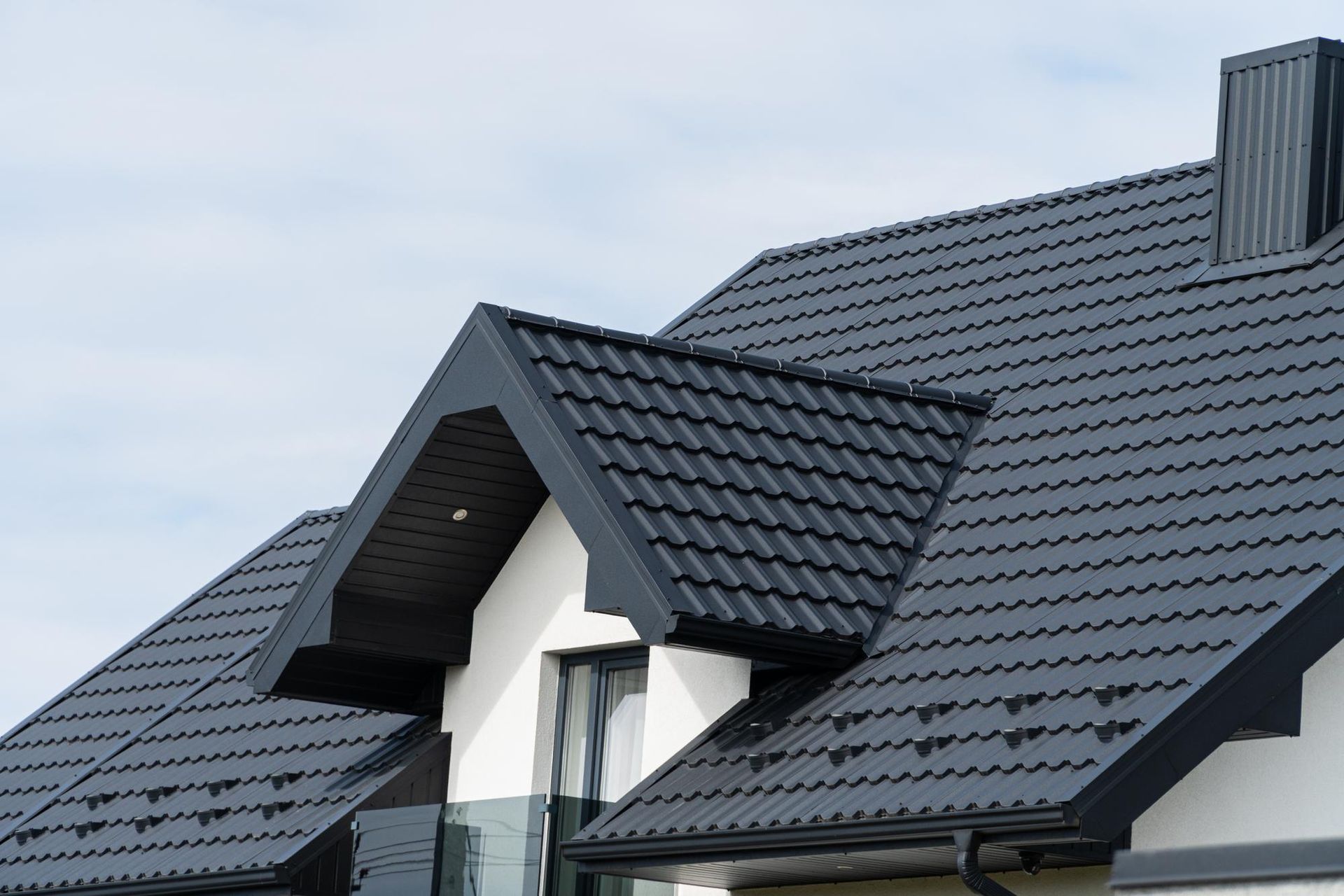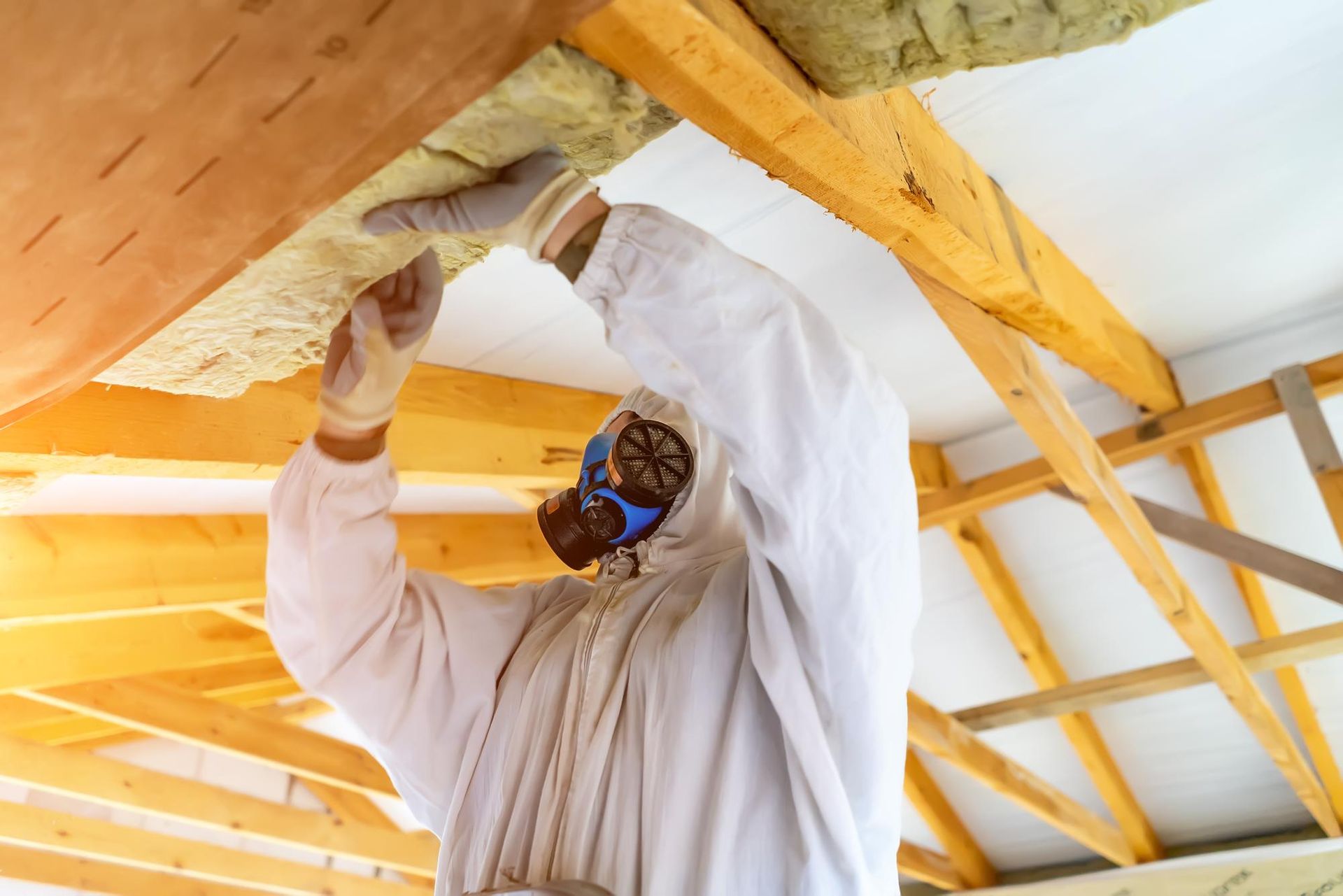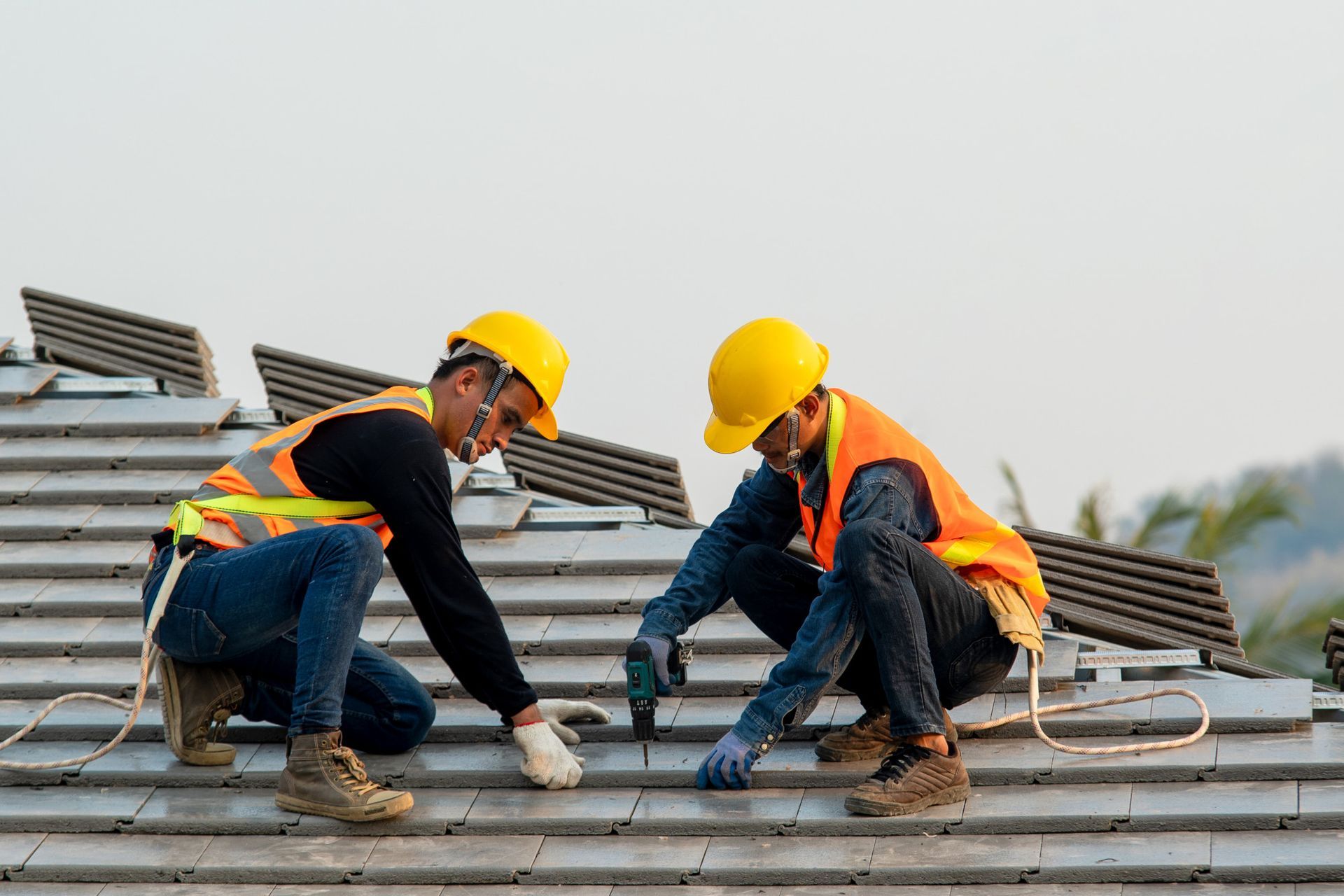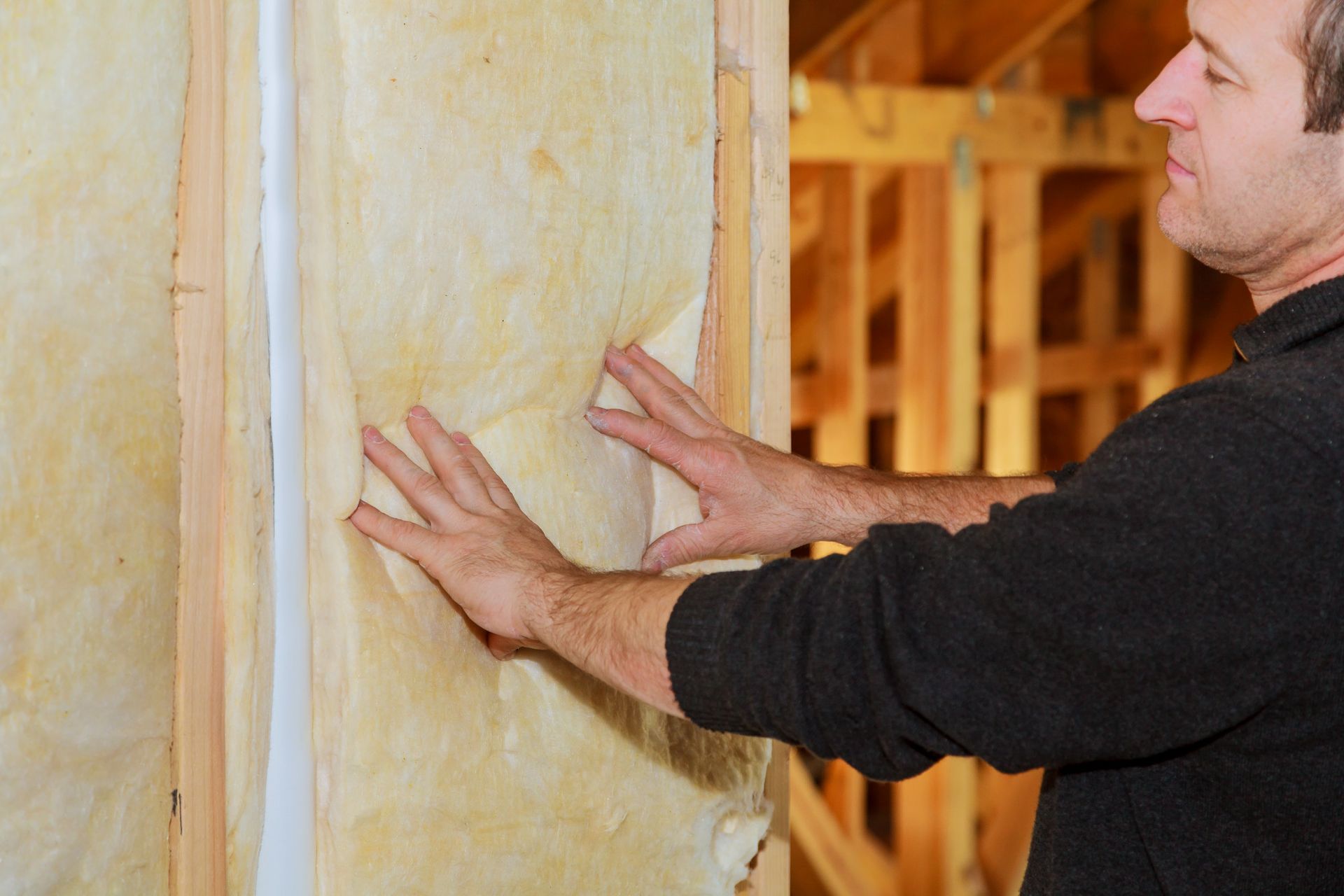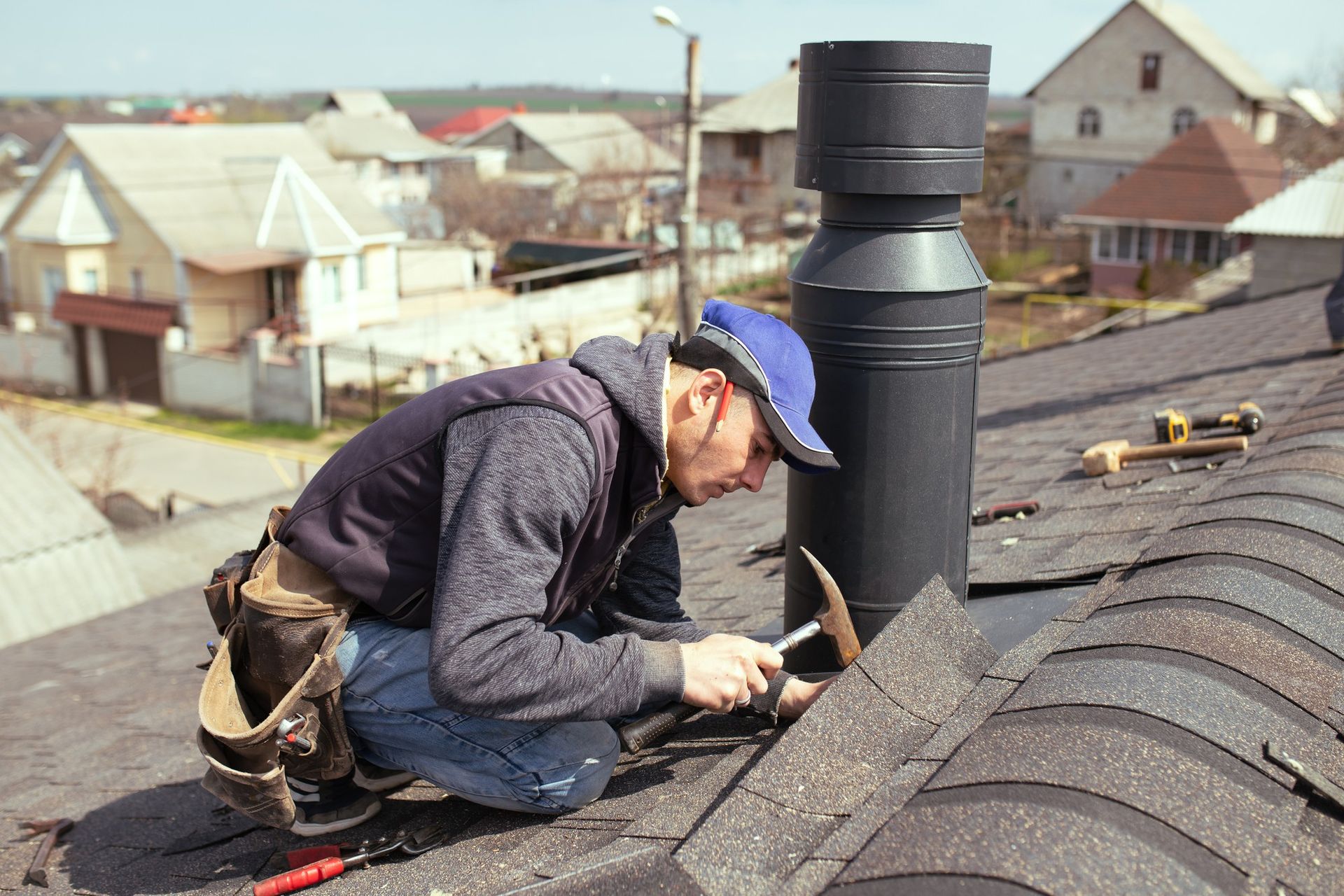CALL US TODAY! (608) 330-3626 OR (608) 530-5323
CALL US TODAY! (608) 330-3626
Spray Foam Insulation: Unlocking Energy Efficiency, Indoor Comfort, and Long-Term Savings
Spray Foam Insulation: Introduction
When it comes to insulating your home or commercial space, spray foam insulation is a highly effective and efficient option. Unlike traditional insulation methods, which involve placing insulation materials between walls or in attics, spray foam insulation is applied as a liquid that expands and hardens into a solid foam. This innovative approach provides numerous benefits and advantages that make it a popular choice among homeowners and businesses.
Spray foam insulation works by creating an airtight seal, effectively preventing air leakage, drafts, and thermal bridging. The foam expands and fills all the gaps and crevices, resulting in a seamless and continuous insulation layer. This not only enhances energy efficiency but also
improves indoor air quality by reducing allergens, pollutants, and the risk of mold growth. Additionally, spray foam insulation offers excellent acoustic insulation, reducing noise transmission between rooms or from the outside environment.
One of the significant advantages of spray foam insulation is its durability and longevity. The foam is resistant to moisture, which helps prevent issues such as
water damage and mold growth. It also acts as a barrier against pests and insects, ensuring a pest-free living or working environment. With proper installation and maintenance, spray foam insulation can last for several decades, providing long-term insulation benefits.
In terms of the types of spray foam insulation available, there are two main categories: open-cell and closed-cell foam. Open-cell foam is more flexible and has a lower insulation value, making it suitable for interior applications such as walls and ceilings. Closed-cell foam, on the other hand, is denser and offers a higher insulation value, making it ideal for exterior applications like roofs and foundations. The choice between the two depends on factors such as the climate, building structure, and insulation needs.
Spray foam insulation finds applications in various areas, including residential homes, commercial buildings, agricultural structures, and even industrial settings. It can be used during new construction or as a retrofitting solution to improve the insulation of existing structures. From attics and crawl spaces to walls and basements, spray foam insulation can be applied to almost any area that requires insulation, ensuring optimal thermal performance and energy efficiency.
Understanding the Spray Foam Insulation Process
To fully grasp the effectiveness and benefits of spray foam insulation, it's important to understand the process involved in its installation. The spray foam insulation process requires careful preparation, precise application, and proper finishing touches to ensure optimal performance and longevity.
Pre-Installation Preparation: Before the spray foam insulation is applied, thorough preparation is essential. This includes evaluating the building's insulation needs, calculating the required amount of insulation, and ensuring the area is clean and free from debris. A professional installer will assess factors such as the building's size, layout, and climate conditions to determine the appropriate thickness and coverage of the insulation.
In addition, safety precautions and equipment must be in place to protect both the installers and the building occupants. This may include the use of personal protective equipment (PPE) such as gloves, goggles, and respirators, as well as proper ventilation to prevent any potential exposure to the chemicals used in the spray foam insulation.
Installation Process:
The installation process starts with surface preparation, where the area to be insulated is cleaned and any existing insulation or debris is removed. This ensures that the spray foam adheres properly and provides a seamless layer of insulation. The surfaces may need to be primed or treated with a bonding agent to enhance adhesion.
Once the preparation is complete, the spray foam insulation is mixed and sprayed onto the designated surfaces. Specialized equipment, such as a spray gun or proportioner, is used to apply the foam. The foam starts as a liquid and expands rapidly upon contact with the air, filling all the gaps and voids in the area. Installers must have the necessary skills and experience to ensure uniform coverage and proper application techniques.
Expansion and Curing: After the foam is sprayed, it begins to expand and solidify. This expansion allows the foam to fill even the tiniest cracks and crevices, creating a seamless and airtight barrier. The expansion process typically takes a few minutes, during which the foam may increase in volume by several times its original size.
Following expansion, the foam undergoes a curing process. Curing is essential for the foam to fully harden and reach its optimal insulation properties. The curing time varies depending on factors such as temperature and humidity. It is crucial to allow sufficient time for the foam to cure before any further steps are taken.
Post-Installation Inspection and Finishing Touches: Once the foam has cured, a post-installation inspection is conducted to ensure the quality and effectiveness of the insulation. This inspection involves checking for proper coverage, uniformity, and any potential issues such as gaps or voids. Any necessary trimming or shaping of the foam may be done at this stage to achieve a neat and finished appearance.
Sealing and protecting the insulation is also an important step. This may involve applying a protective coating or covering to shield the foam from potential damage and to improve its durability. Sealants may be used to seal any gaps or joints to further enhance the airtightness of the insulation.
Benefits and Advantages of Spray Foam Insulation
Spray foam insulation offers a multitude of benefits and advantages that make it a highly desirable choice for homeowners and businesses. From energy efficiency to improved indoor air quality, spray foam insulation provides a range of advantages that go beyond traditional insulation methods. Let's explore some of the key benefits in detail.
Enhanced Energy Efficiency: One of the primary benefits of spray foam insulation is its ability to significantly improve energy efficiency. The airtight seal created by the foam prevents air leakage and drafts, which are major contributors to energy loss. By sealing off gaps and cracks, spray foam insulation helps to maintain a consistent indoor temperature, reducing the need for heating or cooling. This, in turn, leads to lower energy consumption and decreased utility bills.
Furthermore, spray foam insulation minimizes thermal bridging, which occurs when heat transfers through materials with higher conductivity. The foam acts as a barrier, reducing the impact of thermal bridging and improving overall insulation performance. As a result, buildings with spray foam insulation experience more balanced temperatures throughout, providing a comfortable living or working environment.
Improved Indoor Air Quality:
Indoor air quality is a crucial consideration for any building, and spray foam insulation plays a significant role in improving it. The foam creates an airtight seal that prevents the entry of outdoor pollutants, allergens, and dust particles. Additionally, it minimizes the infiltration of moisture, which can lead to mold and mildew growth, keeping the indoor environment clean and healthy.
Spray foam insulation also helps to reduce the circulation of airborne allergens and pollutants within the building. The foam acts as a barrier, minimizing the entry of pollen, dust, and other allergens, thus reducing the risk of respiratory issues and allergies. With better indoor air quality, occupants can enjoy a healthier and more comfortable living or working environment.
Enhanced Acoustic Insulation: In addition to its thermal insulation properties, spray foam insulation also provides excellent acoustic insulation. The foam's dense structure helps to absorb sound waves, reducing noise transmission between rooms and from external sources. This is particularly beneficial in residential spaces where privacy and tranquility are important, as well as in commercial settings where noise control is necessary.
By reducing noise pollution, spray foam insulation creates a more peaceful and quiet environment. It minimizes the impact of external noise, making it easier to concentrate, sleep, or enjoy leisure activities without disturbance. This can greatly enhance the overall quality of life and productivity in both residential and commercial spaces.
Durability and Longevity: Spray foam insulation is known for its durability and longevity. Once applied, the foam hardens into a solid material that can withstand the test of time. It is resistant to moisture, making it less susceptible to water damage or mold growth. Additionally, spray foam insulation acts as a barrier against pests and insects, preventing infestations that can compromise the integrity of the insulation.
Compared to other insulation materials, spray foam insulation has a longer lifespan. When properly installed and maintained, it can last for several decades without losing its insulation properties. This longevity not only provides long-term energy savings but also reduces the need for frequent insulation replacements or repairs.
Considerations and Challenges of Spray Foam Insulation
While spray foam insulation offers numerous benefits, it is important to consider certain factors and challenges before making a decision. Understanding these considerations will help you assess whether spray foam insulation is the right choice for your specific needs and circumstances. Let's explore some of the key considerations associated with this insulation method.
Cost Analysis and Return on Investment: One of the primary considerations when it comes to spray foam insulation is the cost. Spray foam insulation generally has a higher upfront cost compared to traditional insulation methods such as fiberglass or cellulose. The cost can vary depending on factors such as the size of the area to be insulated, the thickness of the insulation, and the complexity of the installation.
However, it is essential to look beyond the initial cost and consider the long-term return on investment. Spray foam insulation provides significant energy savings by reducing heating and cooling costs. Over time, these energy savings can offset the higher upfront cost, resulting in substantial long-term savings on utility bills. It is important to conduct a cost analysis to determine the payback period and evaluate the financial benefits over the lifespan of the insulation.
Comparing the cost of spray foam insulation to other insulation methods is also crucial. While spray foam insulation may have a higher upfront cost, it offers superior insulation performance and durability, which can justify the investment.
Environmental Impact and Sustainability: As awareness of environmental concerns grows, it is essential to consider the environmental impact and sustainability of any insulation choice. Spray foam insulation is known for its energy-saving properties, which contribute to reducing greenhouse gas emissions associated with heating and cooling. However, the environmental impact of the materials used in spray foam insulation can be a point of concern.
The two main components of spray foam insulation are polyurethane and isocyanates, which are derived from petroleum-based chemicals. The manufacturing process of these chemicals can have environmental implications. Additionally, spray foam insulation cannot be recycled, and its disposal can pose challenges.
However, it is worth noting that some manufacturers offer environmentally friendly or "green" options for spray foam insulation. These alternatives use bio-based or recycled materials, reducing the reliance on petroleum-based chemicals and minimizing the environmental impact. When considering spray foam insulation, it is important to research and choose products that align with your sustainability goals.
Potential Health and Safety Concerns: Another consideration with spray foam insulation is the potential health and safety concerns associated with its installation and use. During the installation process, the chemicals used in spray foam insulation can release volatile organic compounds (VOCs) and other harmful gases. This process is known as off-gassing and can cause temporary respiratory irritation or allergic reactions.
Proper ventilation and safety measures are crucial during the installation process to minimize exposure to these chemicals. It is important to ensure that the installation is performed by qualified and certified professionals who are trained in handling and applying spray foam insulation safely.
Once the foam has fully cured, the risk of off-gassing decreases significantly. However, individuals with respiratory conditions or chemical sensitivities may still experience some sensitivity to the foam. It is recommended to allow sufficient time for off-gassing and proper ventilation before occupying the space.
Maintenance and Repairs: Like any insulation material, spray foam insulation requires regular maintenance to ensure its effectiveness and longevity. Inspections should be conducted periodically to check for any signs of damage, such as cracks, shrinkage, or deterioration. Prompt repairs should be made to address any issues and maintain the continuity and integrity of the insulation.
In some cases, retrofitting or re-insulation may be necessary if the spray foam insulation becomes damaged or deteriorated over time. This can involve removing the existing foam and reapplying a new layer to ensure optimal insulation performance. It is important to factor in the
potential maintenance and repair costs when considering spray foam insulation.
Choosing the Right Spray Foam Insulation Contractor
When it comes to spray foam insulation, choosing the right contractor is crucial to ensure a successful installation and optimal performance. The expertise and experience of the contractor can greatly impact the quality of the insulation and the overall satisfaction of the project. Here are some key considerations to help you select the right spray foam insulation contractor.
Researching Local Contractors:
Start by researching local contractors who specialize in spray foam insulation. Look for reputable companies that have a proven track record in the industry. Online reviews and testimonials can provide valuable insights into the experiences of previous customers. Additionally, seek recommendations from friends, family, or colleagues who have had spray foam insulation installed in their homes or buildings.
Checking Certifications and Licensing: Verify that the contractor holds the necessary certifications and licenses required for spray foam insulation installation. The contractor should have certifications from recognized organizations, such as the Spray Polyurethane Foam Alliance (SPFA) or the
Insulation Contractors Association of America (ICAA). These certifications ensure that the contractor has undergone proper training and adheres to industry standards.
Requesting Quotes and Estimates: Contact multiple contractors and request detailed quotes and estimates for the project. The quote should include a breakdown of costs, such as materials, labor, and any additional services or warranties offered. Be wary of contractors who provide significantly lower quotes than others, as this may indicate subpar materials or insufficient experience.
Evaluating Experience and Expertise: Consider the contractor's experience and expertise in spray foam insulation. Inquire about their previous projects and ask for a portfolio or examples of their work. A contractor with a diverse portfolio and experience in various types of installations is more likely to handle your specific project requirements effectively. Additionally, look for contractors who have received industry recognition or awards for their work.
Technology and Equipment: Utilized Inquire about the technology and equipment the contractor uses for spray foam insulation. A reputable contractor will invest in modern equipment and stay updated on the latest industry advancements. Advanced equipment ensures accurate and precise application of the foam, resulting in a high-quality insulation job. Additionally, inquire about the type and brand of foam materials used, as using reputable and high-quality products is essential for optimal insulation performance.
Assessing Customer Service and Warranty: Consider the level of customer service provided by the contractor. A reliable contractor should be responsive, communicative, and willing to address any concerns or questions you may have. Inquire about the warranty offered for the insulation work and clarify the coverage and duration. A reputable contractor will stand behind their work and provide a comprehensive warranty to ensure customer satisfaction.
Conclusion: The Future of Spray Foam Insulation
In this comprehensive guide, we have explored the world of spray foam insulation, delving into its benefits, applications, considerations, and challenges. Spray foam insulation has proven to be a highly effective and efficient insulation solution, offering numerous advantages over traditional methods. From enhanced energy efficiency and improved indoor air quality to superior acoustic insulation and longevity, spray foam insulation has the potential to transform the comfort and sustainability of residential and commercial spaces.
As the demand for
energy-efficient and eco-friendly solutions continues to rise, the future of spray foam insulation looks promising. With advancements in technology and increased awareness of environmental concerns, manufacturers are continually striving to improve the sustainability and performance of spray foam insulation materials. This includes the development of bio-based or recycled foam options that reduce reliance on petroleum-based chemicals and minimize the environmental impact.
Furthermore, ongoing research and development in the field of spray foam insulation aim to address potential health and safety concerns associated with installation and use. This includes the exploration of alternative chemical formulations and improved handling procedures to mitigate any risks. It is important to stay informed about these advancements and choose contractors who prioritize safety and follow best practices. If you're in Janesville, WI, consider reaching out to "Weather Seal Insulation and Roofing, LLC" as the best service provider in the area, with the contact number
(608) 330-3626.
In conclusion, spray foam insulation offers a range of benefits that can significantly enhance the energy efficiency, indoor comfort, and durability of homes and buildings. However, it is essential to consider factors such as cost, environmental impact, health and safety, and maintenance requirements when making a decision. By understanding the intricacies of spray foam insulation and working with reputable contractors, you can harness the full potential of this innovative insulation solution.
As technology and knowledge continue to evolve, the future holds even greater potential for spray foam insulation to become a mainstream choice in the construction industry. With its ability to provide superior insulation performance and contribute to a sustainable future, spray foam insulation is poised to play a significant role in creating energy-efficient and comfortable spaces for generations to come.
Get in Touch Today
Professional, dependable, affordable—why wait? If you need quality work from a qualified roofer, we are the company to call. We’ve helped countless clients keep their property protected while saving time and money. We know we can do the same for you too.
Hours of Operation
- Mon - Thu
- -
- Friday
- -
- Sat - Sun
- Appointment Only
Emergency Service
All Rights Reserved | Weather Seal Insulation and Roofing, LLC

